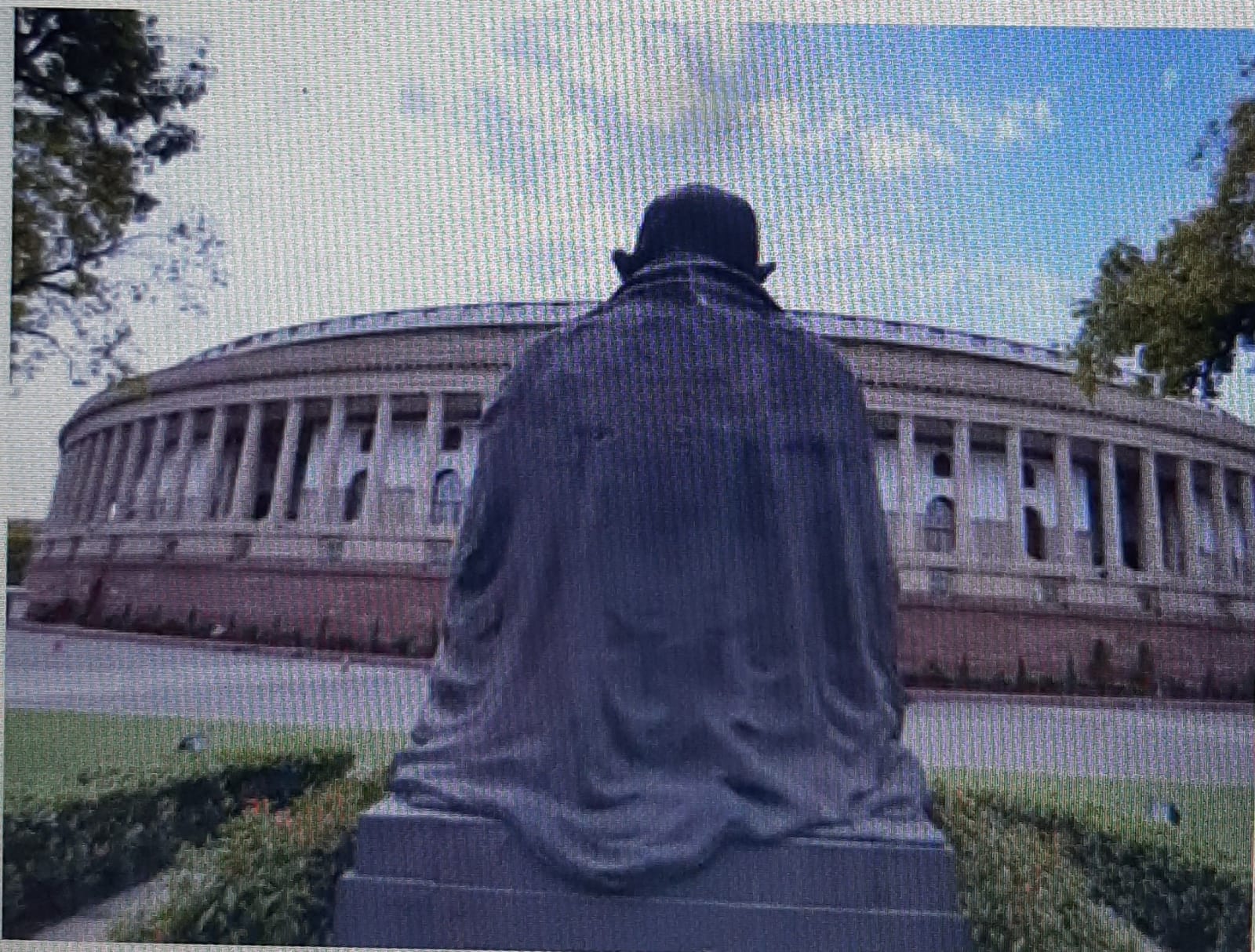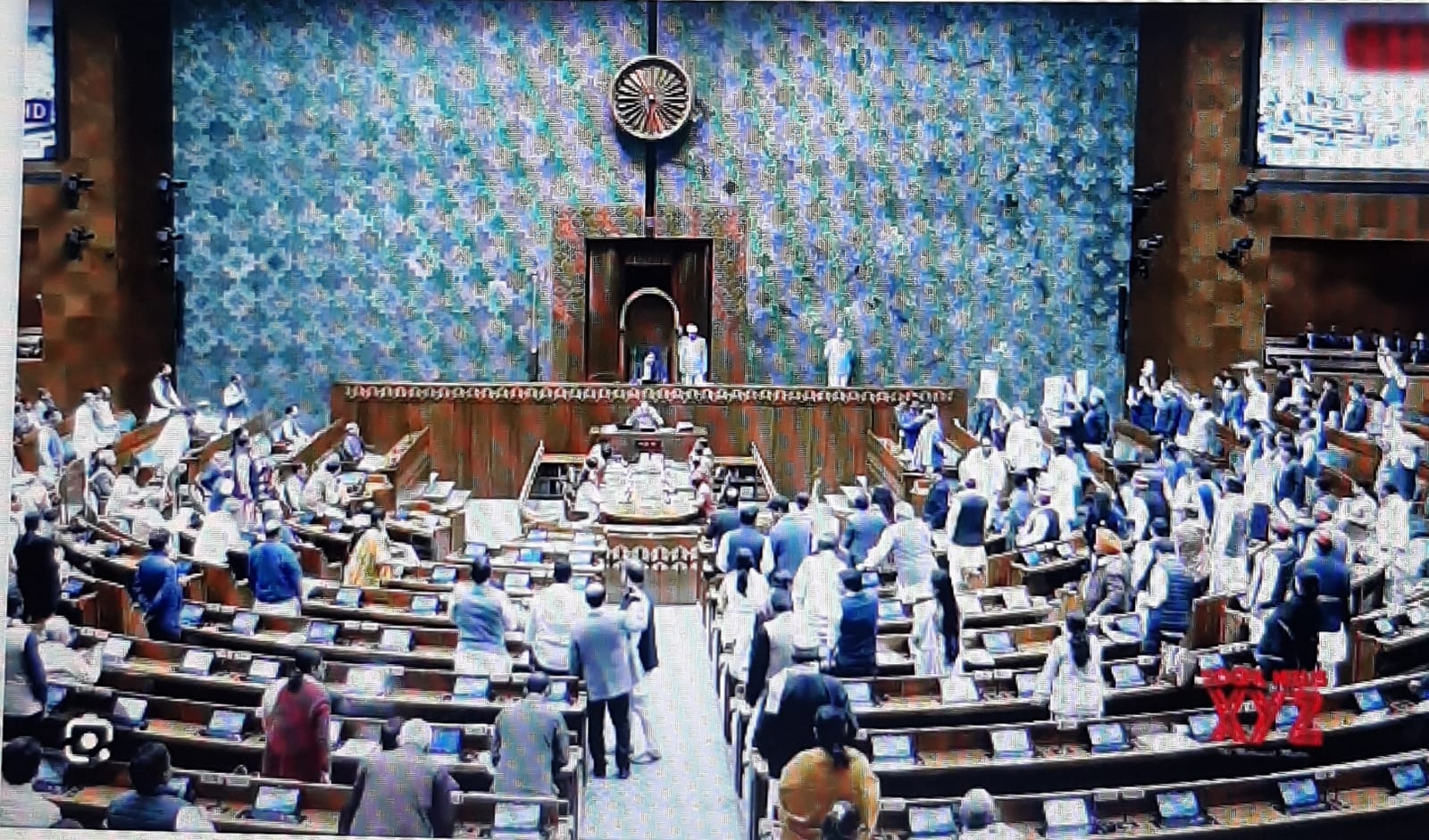
While farmers have genuine apprehensions over farm laws, it is paramount duty of the government to reply satisfactorily to their grievances.
V S Pandey and Akanksha Pandey
Farmers agitation has entered its second month with both sides not showing any sign of relenting. Though the next round of talk between the farmers unions and the government is slated for December 30, there is a very slim possibility of the issue getting resolved. History is witness to the fact that never before any issue could be resolved with both sides sticking to their stated positions and failing to show any flexibility in their approach. The government has to show more flexibility and consideration towards the demands raised by the farmers body, lack of which has led to this prolonged agitation of farmers and their squatting on the highways leading to the national capital.
Undoubtedly, farmers have certain well founded apprehensions which need to be answered by the government logically and with an open mind. Just reiterating that these farm laws are beneficial to the farmers without providing the finer details, is not helping the situation. So far government has been only talking in general terms about the benefits of these farm laws and has failed to come up with details of the future road map leading towards all the anticipated benefits. Farmers have been raising several logical arguments against these laws and some other demands which need to be considered. Several commissions and committees were set up by governments to study problems faced by the farmers and their demands for remunerative prices for their produce. This led to setting up of Farmer’s Commission in the year 2004 which submitted its reports in various tranches making several recommendations, most of which remain unfulfilled till now. Fixation of Minimum Support Price was one of the issues considered in depth by the Farmer’s Commission.
First and foremost demand raised by the farmer’s unions for the past several years have been that laws be passed assuring that no one will be allowed to purchase the farm produce below the market price. Why the government is refusing to even consider this demand is beyond anybody’s comprehension. All the farmer’s agitation in the past had one demand in common- that farmers must get a remunerative price for their products so that they can afford a decent living and do not fall back in debt traps requiring repeated farm loan wavers as has been the practice in the past several decades beginning with loan waiver scheme announced by the then Prime Minister V.P.Singh’s government at the centre. This one step of MSP related law will largely take care of the long-standing problem of farmers stress, rural poverty and farmer suicides.

Secondly government needs to explain that when vegetables are out of the preview of Essential Commodity Act since 1999 and its trade is totally in private hands with no MSP or governmental intervention through procurement etc, then also why private sector has failed over these years to make any intervention to improve the market, set up cold chain, build cold storage facilities, agro- processing industries to improve value addition in farm sector products and the condition of farmers.
It is widely known that EC act was put in abeyance long back in most of the states and governments have been procuring less than ten percent of all the farm produce in the country, hence most of the farm produce trade remains in private hands. Then, with these three laws, how the situation is going to change dramatically in farmer’s favour, is a question which is begging for an answer. So the amendment to APMC Act boils down to one or two percent of mandi tax being collected in the declared mandi area which government wanted to do away with to benefit private players which otherwise also only the consumers pay, like all other taxes. So why this hue and cry regarding existence of these APMC mandies?
These are the questions the government needs to answer. It seems that so far government has not been able to explain the reasons for bringing these laws which it claims to be beneficial for the farming community. The mere argument that earlier governments had been deliberating these farm laws for years and wanted to implement them but lacked courage, cuts no ice. If earlier governments were also not prudent enough to think of other steps to remove farmer’s stress, this does not justify implementation of these laws when questions raised by the farmer community remain unanswered.
Elected governments in democracies ought to listen to people’s voice, consider them without any prejudice, and resolve the issues in the best interest of the larger community which are vulnerable, poor and weak, need governments benevolence. Rigidity does not pay to any one, neither in the short run or nor in the long run. Time has come to withdraw these farm laws, look at the farmer’s issue holistically and talk to all stakeholders and then decide future course of action.
(Vijay Shankar Pandey is former Secretary Fertilizer, Government of India. Akanksha Pandey is freelance writer)









